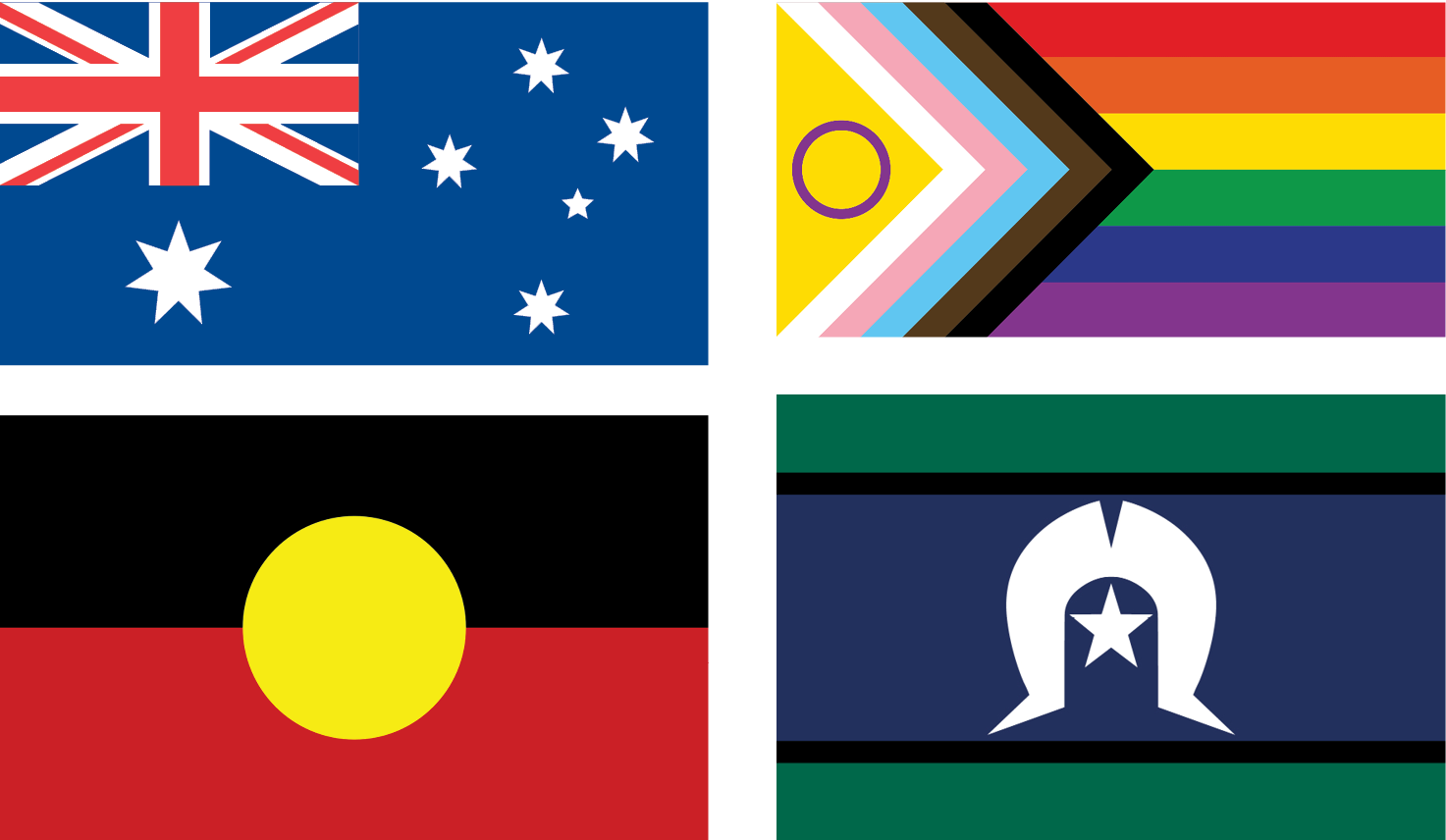Dec 6, 2023
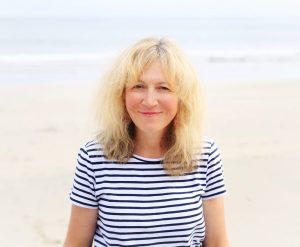 Lives Lived Well welcomes a huge diversity of people through its doors each year. All of our clients have busy lives outside of treatment and need an approach that can be flexible to their lifestyles and goals. This was the case for Natasha, a successful businesswoman, mother and partner in her late 40s who approached our Woolloongabba Day Program in Brisbane to seek support for her alcohol use. She had tried sessions with a private psychologist in the past, which hadn’t been successful and shared with her clinician her scepticism for a positive outcome. Despite this, she felt the flexibility and regular engagement offered by a day program might have better results.
Lives Lived Well welcomes a huge diversity of people through its doors each year. All of our clients have busy lives outside of treatment and need an approach that can be flexible to their lifestyles and goals. This was the case for Natasha, a successful businesswoman, mother and partner in her late 40s who approached our Woolloongabba Day Program in Brisbane to seek support for her alcohol use. She had tried sessions with a private psychologist in the past, which hadn’t been successful and shared with her clinician her scepticism for a positive outcome. Despite this, she felt the flexibility and regular engagement offered by a day program might have better results.
Natasha commenced the program by completing our new early treatment program, First Step. This allowed her to complete a series of measures and receive feedback on the areas of her wellbeing that would benefit from being with the service. It was here that Natasha learnt that her alcohol use was within the high-risk range and she was experiencing severe depression and moderate anxiety. She also reported feeling suicidal nearly every day. Natasha’s goal for treatment was to stop her alcohol use, improve her mental health, and continue to maintain an active social life, which she saw as an important part of her identity.
Natasha successfully completed the five-week Day Program and then participated in the aftercare groups to help with relapse prevention. Three months after treatment she has maintained her goal of abstinence and has even started organising non-drinking social groups.
Her mental health also improved with a 40% reduction in scores for anxiety and a 67% reduction in her depression scores. Natasha also reported that she no longer feels suicidal and enjoys more meaningful engagement in her community. She commended her clinicians and rated her experience with the service as “extremely satisfied.”
*Name has been changed to protect client’s privacy. The image used is a stock image of a person for illustrative purposes only and does not, expressly or implied, portray a person with drug, alcohol or mental health problems.
Dec 6, 2023
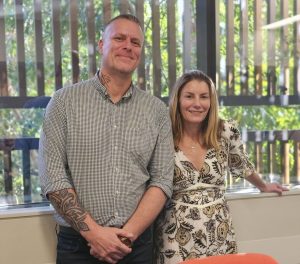
Craig Worland (Lives Lived Well) and Professor Leanne Hides (UQ)
Lives Lived Well is always looking for ways to improve our support offerings as a provider of evidence-informed services and our enduring partnership with The University of Queensland (UQ) plays an important role in our efforts to develop innovative programs and bolster our clinical capabilities. In 2022-2023 we celebrated the sixth year of our partnership with UQ and continued our collaboration on several significant clinical initiatives, including First Step.
Building on the success of the pilot trial with Lives Lived Well in Brisbane North Community Services from 2020 to 2022, we embarked on the organisation-wide implementation of our ground-breaking early treatment model, First Step, during the 2022-2023 fiscal year.
Developed in partnership with UQ, the First Step program facilitates a highly responsive and individually tailored treatment option for people dealing with problematic alcohol and other drug use. UQ supported the rollout of a randomised cluster-controlled trial, evaluating the real-world possibility of such an implementation.
As many clients engage in treatment briefly, First Step aims for clients to walk away with practical strategies and support from their first session with Lives Lived Well. This ensures that clients who attend briefly receive the support they are seeking, and clients who want to continue in treatment complete a solid foundation that can serve as a springboard for further progress.
Grounded in the principles of motivational interviewing, First Step incorporates core evidence-based techniques, including outcome measure feedback, psychoeducation and harm minimisation, personality-targeted coping skills training, and individualised goal setting. The program’s content is packaged into three distinct modules and is typically delivered across two to three sessions of treatment.
Already, 2,000 Module One sessions have been completed since the program roll-out commenced and early indications suggest positive outcomes, with high levels of client engagement, satisfaction and clinical improvements observed.
First Step embodies our commitment to providing a consistent and effective treatment experience for our clients at Lives Lived Well, drawing upon best practices in contemporary alcohol and other drug interventions.
Aug 11, 2022

Lives Lived Well’s clients are accessing new and improved clinical treatment for problems with drugs and alcohol, thanks to our research partnership with The University of Queensland (UQ), which has just entered its sixth year.
Traditionally, the translation of health research into clinical practice takes around 17 years*. This partnership with UQ enables us to deliver leading-edge supports to clients in a much shorter timeframe.
“Through this partnership involving postgraduate researchers and clinicians, we have been able to bring new treatments into our clinical practice to better aid clients in a matter of months, not years,” said Lives Lived Well’s Clinical Director, James Curtain.
Lives Lived Well renewed its research partnership with UQ following a successful five-year collaboration which saw a number of new programs for the treatment of problematic drug and alcohol use developed and offered to Lives Lived Well’s clients.
The research partnership included the creation of a Professor of Alcohol, Drugs and Mental Health at UQ in 2017, as well as a commitment to contribute resources towards research on what treatments are most effective for helping people overcome difficulties with substances and mental health and wellbeing.
Professor Leanne Hides has been leading the UQ School of Psychology’s contribution to the research partnership. Since 2017, Lives Lived Well and UQ have worked closely to identify opportunities to develop and trial new treatments, and then add these treatments to the supports Lives Lived Well clinicians can offer clients.
The partnership has proved incredibly rewarding for both organisations, not only for clients accessing the support but also for the clinicians delivering treatment.
“Lives Lived Well is focused on providing evidence-informed treatment,” James said. “We want our clients to have confidence that the treatments we offer will be effective.
“In partnership with UQ, we have developed a set of outcome measures that our clinicians use with their clients, to track progress against a range of measures. For clients, being able to see their improvements over weeks and months is really motivating – it encourages them to keep going when things get tough.
“Working with UQ, our team has designed new treatments and rolled these out across our services. For example, the GRIT Wellbeing Program, Reframe and First Step are all new programs that are increasingly available to people accessing our services to support them with their recovery. These all reflect cutting-edge thinking and are best practice.
“We are always looking for ways to improve our clinical treatment program, and this partnership with UQ helps us to deliver world class evidence-based support for clients which positions Lives Lived Well as leaders of clinical treatment for drug and alcohol misuse in Australia.”
In 2021 the research partnership won the prestigious Partnership Excellence category in the UQ Research Partnerships and Translation Awards.
*Morris, Z. S., Wooding, S., & Grant, J. (2011). The answer is 17 years, what is the question: understanding time lags in translational research. Journal of the Royal Society of Medicine, 104(12), 510-520.
Jul 26, 2022

Mastering a new skill in the company of others who are just as nervous and unsure is a powerful experience – as many young people on the Gold Coast are discovering when they participate in headspace Southport’s Adventure Therapy program.
The Southport service is one of the few headspace services in Australia offering Adventure Therapy as part of its treatment program.
Young people on the Gold Coast who are seeking support for mental health concerns have the chance to participate in a range of physical activities, including yoga, skate boarding, surfing and exploration in nature.
Our Functional Recovery Team (FRT) delivers the program. In a win/win for the young people, the FRT team members have a wide range of skills they can offer, along with their clinical expertise. Our FRT clinicians are also qualified surf instructors, yoga instructors and personal trainers.
Each Adventure Therapy session combines a physical activity with psychoeducation. Mindfulness is a major focus of all sessions.
Our Manager (Clinical Services Youth Mental Health), Marijka Brennan, said Adventure Therapy gives young people the opportunity for safe risk taking.
“It also helps participants develop skills related to time management and socialising and boosts self-esteem,” she said.
“We had a young man coming to our Adventure Program who found it very difficult to socialise. Just leaving his home, where he lived alone, was a major challenge. After attending headspace Southport as a client, he joined the kayaking and fishing group and loved it so much that he has now bought his own fishing rod. We can see how much confidence he has built.”
Returning to work or study
The underlying purpose of the program is to prepare young people to return to work or study.
“After completing an eight-week program, we see around half of each group go on to return to study or work. Other young people move into different Adventure Therapy programs or take up volunteer roles with headspace, such as with Peer Support and the Youth Advisory Council.
“It’s wonderful to see the young people flourish and to be part of such an innovative treatment program,” Marijka said.
Interested in joining our headspace team as a clinician? Check out our career opportunities. Learn more about our headspace Southport services.
Jul 26, 2022

Although they may have a drinking or drug problem that is affecting their life in all sorts of ways, people are not always motivated to seek help. In the case of a recent client who attended our Caboolture services, it was family members who kick started the client’s recovery. It took some time for the client to come around to the idea of accessing our support.
Lives Lived Well services are underpinned by a stepped care model of support, that provides help for people at different stages of their recovery journey. Support can be intensified if needed.
This case study highlights the different levels of support and programs available to people in the Brisbane North region. It also shows the dedication of our staff to supporting clients as they face a multitude of challenges in recovery.
Carla’s story
Carla (not her real name) is a 46 year old mother of one child, who came into our Pettigrew St Caboolture office with her family late in 2021. At the time, she was consuming more than two bottles of wine a day and had been doing so for more than 10 years. She needed a walking frame to move and displayed significant cognitive impairment. She had been admitted to hospital a number of times with health complications stemming from her alcohol consumption. And yet, at the time, Carla did not want to stop drinking. She was only there due to family pressure.
Lives Lived Well offers a community-based detox service in Caboolture but Carla was deemed too high risk for the service, as she had a history of strokes and seizures. She initially refused any intervention. However, our clinician Lyndal was able to establish a good rapport with Carla, and continued discussions with her. Together they explored the pros and cons of Carla’s drinking and talked about Carla’s fears if she were to stop drinking. Medical advice given at the time said Carla was at imminent risk of death if she did not stop her alcohol consumption.
Eventually, Carla agreed to be referred to HADS. In the mean time, she was living in a hotel by herself (her family would not let her return to the family home). Lyndal and Carla worked on a reduction plan and Lyndal regularly checked in with Carla. Lyndal also continued talking with Carla’s family, including her father in New Zealand.
When Carla was admitted to hospital for detox, Lyndal accompanied her to ensure the admission went smoothly. Carla spent eight days in detox before transferring to hospital rehab for three weeks. Lyndal continued to maintain regular phone contact with Carla during this period. While Carla was in hospital, her family joined our Breakthrough for Families program, designed to assist families impacted by a loved one’s alcohol or other drug use.
Early in December, Carla agreed to check out our live-in recovery service in Caboolture, Wunya and transitioned there straight from hospital. She completed the treatment program over the next month and then moved into our Caboolture Day Rehab program, where she achieved 100% attendance. She was an engaged and articulate participant in the group program. By the end of this program, Carla was walking unaided. She has now set herself a goal to run a marathon!
Lives Lived Well continues to provide counselling support to Carla and her family. Our counsellors have helped Carla connect to employment, DV and housing support services.
We are proud of our AOD Counsellor Case Manager Lyndal, who went above and beyond to walk alongside Carla on her journey back to health. In Carla’s own words:
“Staff were incredible when I didn’t know if I was going to live or die. Long may I continue to keep on with what I’m doing. It’s getting harder because life is getting busier. But with the support of LLW Clinicians who are there for me, I feel like I can do this. This is my absolute truth 100%. Lives Lived Well support saved my life.”
Apr 2, 2019
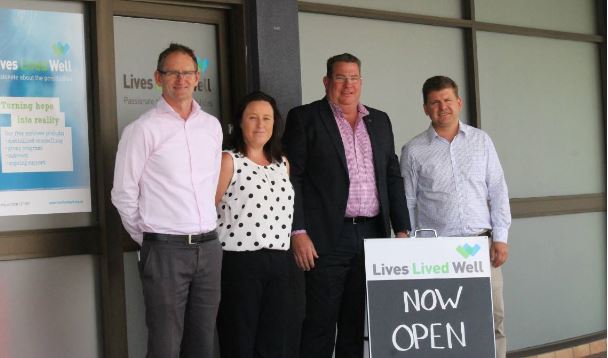
Opening our new home at 65-81 Brisbane Street (from left) Lives Lived Well CEO, Mitchell Giles and Brisbane South AOD Team Leader, Ronelle Waring were joined by the Federal Member for Wright, Scott Buchholz MP and the Queensland State Member for Scenic Rim, John Krause MP.
Aiming to deliver group programs including Smart Recovery and Breakthrough for Families information sessions, our Beaudesert team had outgrown its previous location at Illoura Carinity Care.
The new, centrally located office at Shop 10, 65-81 Brisbane Street was opened with an official event on 30 January. Lives Lived Well CEO, Mitchell Giles spoke at the opening alongside Federal Member Scott Buchholz MP, State Member Jon Krause MP and Brisbane South PHN’s General Manager of Commissioned Programs, Lucille Chalmers.
Lucille told the gathering that Beaudesert was one of the priority areas for alcohol and drug support as identified in the Brisbane South PHN’s 2018 Needs Assessment, so she was pleased to be able to support an extension of services in the region.
In the last financial year, Lives Lived Well supported 80 people through our Beaudesert service. Of those supported, most named methamphetamine (ICE) (42%) or alcohol (40%) as their primary drug of concern.
Our Brisbane South AOD Team Leader, Ronelle Waring, said the move to premises in the main street had already had a dramatic impact on the number of people the team was supporting.
“We have seen a 300 per cent increase in referrals, and many of these are self-referrals, which is fantastic,” she said.
 Lives Lived Well welcomes a huge diversity of people through its doors each year. All of our clients have busy lives outside of treatment and need an approach that can be flexible to their lifestyles and goals. This was the case for Natasha, a successful businesswoman, mother and partner in her late 40s who approached our Woolloongabba Day Program in Brisbane to seek support for her alcohol use. She had tried sessions with a private psychologist in the past, which hadn’t been successful and shared with her clinician her scepticism for a positive outcome. Despite this, she felt the flexibility and regular engagement offered by a day program might have better results.
Lives Lived Well welcomes a huge diversity of people through its doors each year. All of our clients have busy lives outside of treatment and need an approach that can be flexible to their lifestyles and goals. This was the case for Natasha, a successful businesswoman, mother and partner in her late 40s who approached our Woolloongabba Day Program in Brisbane to seek support for her alcohol use. She had tried sessions with a private psychologist in the past, which hadn’t been successful and shared with her clinician her scepticism for a positive outcome. Despite this, she felt the flexibility and regular engagement offered by a day program might have better results.




